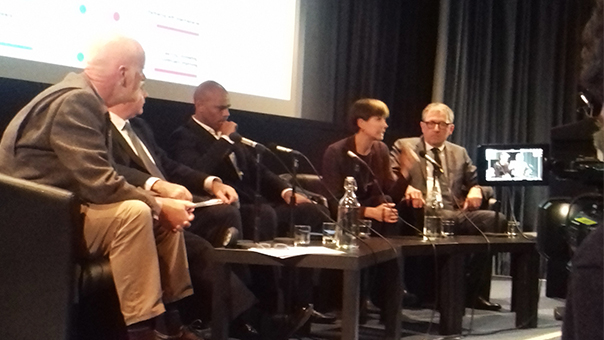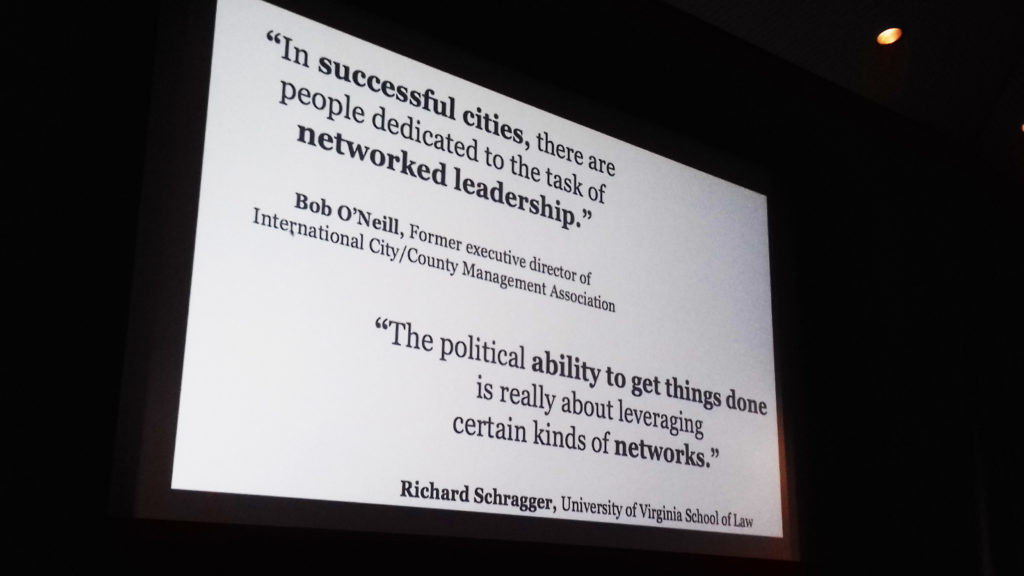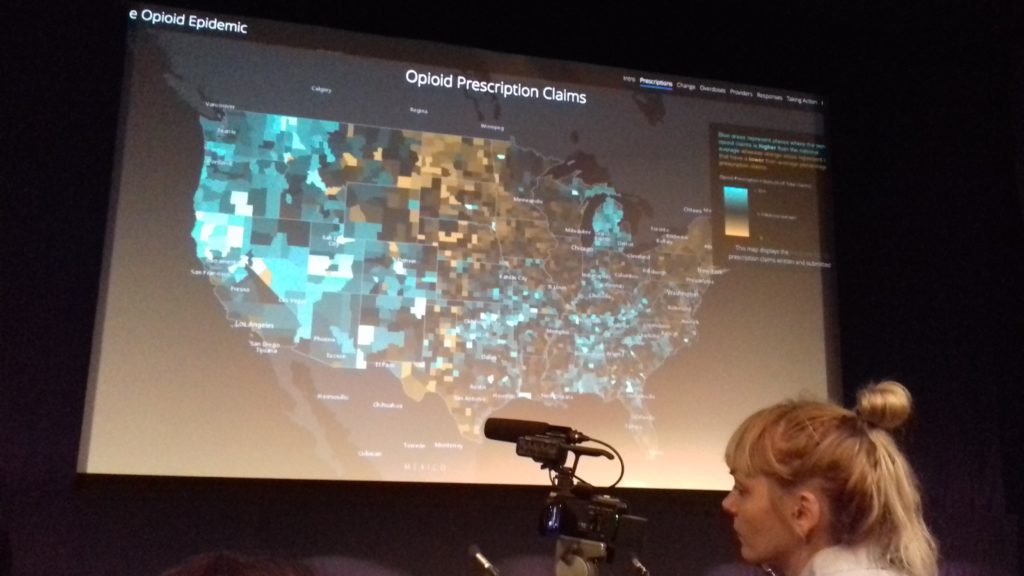Last week I had the pleasure of attending a couple of events at ‘The Festival of The Future City’. Future Cities Catapult (FCC) collaborated with Bristol Festival of Ideas to showcase ‘the best in advanced urban services’ and innovations that are having a positive effect on our city health, infrastructure and overall wellbeing.
The workshops and sessions were spread out over three days, with everything from ‘What we can learn from cities of the past’ to ‘Playable Cities’ of the future. I personally attended ‘The Future of Metro Revolution’ with my lovely co-worker Ludwig on Wednesday and ‘Using Research for City Futures’, part of a three-piece series on Thursday morning. Members of Delib staff also visited a range of other sessions.
The Future of Metro Revolution had a thought-provoking line up of speakers, including Tim Bowles (Metro Mayor for The West of England Combined Authority), Marvin Rees (Bristol City Mayor), Peter Kurz (Mayor of Mannheim), and Alaina Harkness (Brookings Institution, Chicago).

The panel discussion – Simon Cooper (panel chair), Tom Bowles, Marvin Rees, Alaina Harkness and Peter Kurz
The session was focused on how the six new combined authorities across the UK have affected local government, what powers they have, and what the future brings. It was great to see our local mayors (city and regional) joined on a panel with views from two such different countries, and therefore hear a little about how local gov differentiates across the western world.
Peter Kurz, a German Lawyer and Politician, has been Mayor of Mannheim since 2007. He kicked things off in the session by explaining how the structure of local government in Germany, the 16 states and the form of the municipal council work. We learnt how cities split tasks into tiers, of voluntary – mandatory, and how this meant “more staff are directly connected to the client(citizens)”. We were informed about German cities currently lobbying for their rights within states, but also within Europe, Post-Brexit, with Kurz stating how important it is to use the powerful language of self-rights, especially within cities.
“Strengthening cities is a way to a better world” – Peter Kurz
The reason I chose to attend this session originally was to find out more about our new combined authority mayor and how can two opposing parties work together in a harmonious manner. Bowles introduced himself as ‘regional mayor’, adamant “regional mayors are networking together to create a stronger voice”. The role of the combined authority is to continue bringing growth for the local and national economy, Bowles expounding an interest in developing our education system.
It was great to see Marvin and Tim discussing how we can capture collective voices in cities, how behind every successful city there’s people dedicated to the task of networked leadership, and how different authority’s interdependence is important for the country to run auspiciously. Sat next to us we had a very talented illustrator capturing the moments, (link to her Twitter here).
Marvin explained how the focus on the strength of cities is not currently high on the agenda in UK Government, and this must change, with core cities collaborating to create a stronger United Kingdom. Essentially, we must keep strengthening our communications between leaders and citizens if we want a robust nation. I got some (quality footage) of the final moments in the discussion, take a listen here.
On Thursday I attended “Using research for future cities”, led by Rachel Cooper (Imagination Lancaster), Geoff Mulgan (Nesta) and James Brooks (National League of Cities). The session explored interdisciplinary approaches to liveable cities, innovation and using data in cities. James Brooks taught us how in America, they’re currently trying to solve the opioid epidemic, with the help of collective data and partnership, after President Donald Trump announced his intention to declare a state of emergency in response to the ongoing crisis in August this year.
Using quantitative data displayed through maps, means that those viewing it can easily see any correlation in themes and cross reference the figures to help target help for this health crisis. This lead on to further discussions from the rest of the speakers, Geoff Mulgan from Nesta, focusing on the means of collecting said data for cities for example, Digital Democracy.
It was great for Delib to get a chance to attend an event surrounded with citizens passionate about their city, as well as ‘experts’, but as Geoff Mulgan said, “we’re all experts in something”, and we must keep communicating and collaborating to see the changes we want in our cities, and consequently a better world. If you want to find out more about what we learnt at the festival, let us know on Twitter

